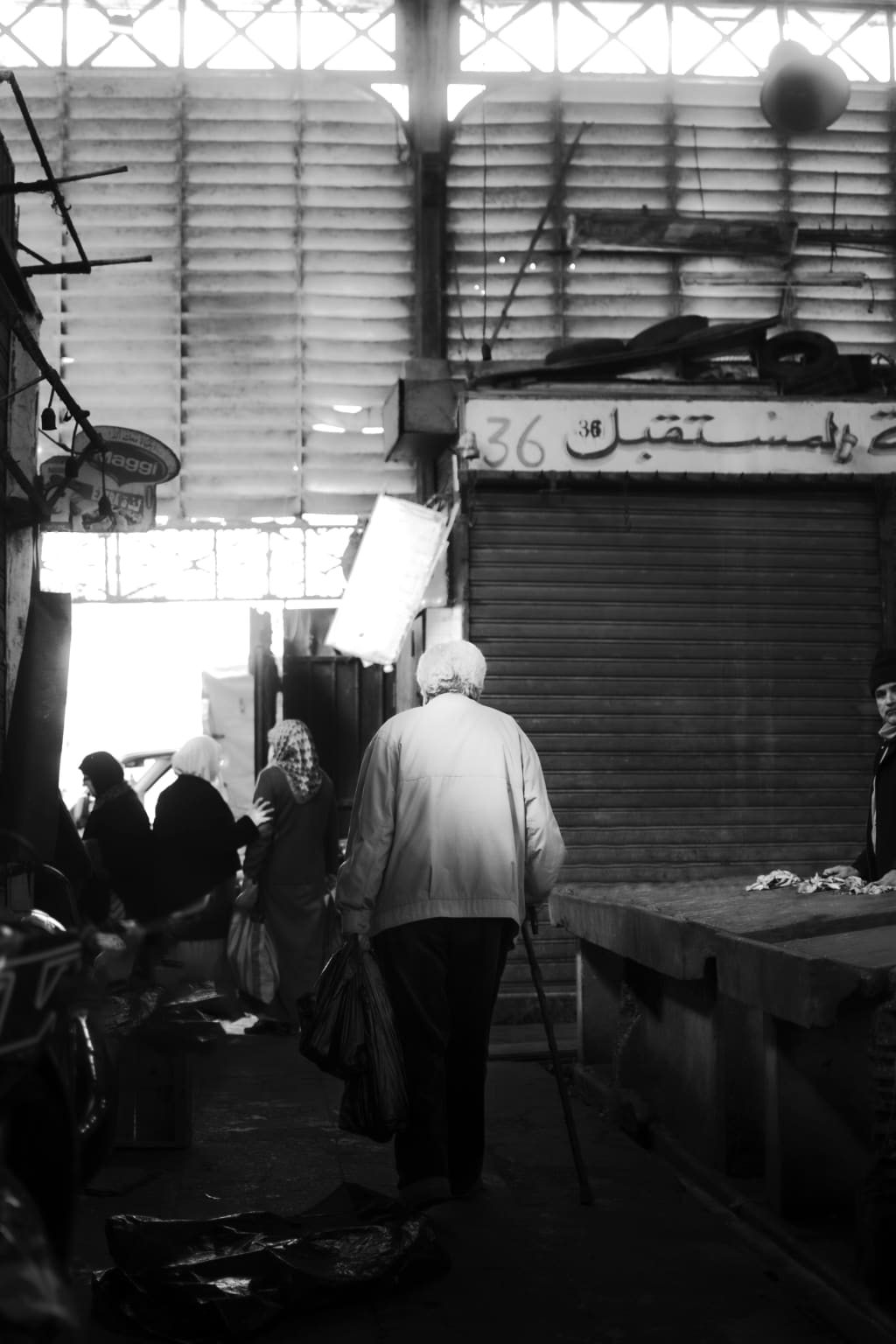Preserving Heritage: The Importance of Cultural Conservation in Algeria.
Explore the significance of preserving cultural heritage in Algeria and the importance of cultural conservation efforts.

The Rich Cultural Heritage of Algeria
Algeria is known for its rich and diverse cultural heritage. The country's history dates back thousands of years, with influences from various civilizations and cultures. From ancient Roman ruins to Islamic architecture, Algeria is home to a plethora of historical sites and artifacts that showcase its vibrant past. The cultural heritage of Algeria is not only important for its historical value but also plays a significant role in shaping the national identity of the Algerian people.
The cultural heritage of Algeria is characterized by its unique blend of Berber, Arab, and French influences. The Berber people, who have inhabited the region for centuries, have contributed greatly to Algeria's cultural fabric. Their language, traditions, and customs have been passed down through generations, adding to the country's cultural diversity. Additionally, the Arab and French colonial influences have left a lasting impact on Algeria's art, music, literature, and cuisine.
One of the most iconic cultural sites in Algeria is the ancient Roman city of Djemila. This UNESCO World Heritage site showcases the architectural prowess of the Roman Empire and provides insights into the daily life of its inhabitants. The Casbah of Algiers, a historic neighborhood in the capital city, is another prominent cultural site that reflects the influence of both Arab and French cultures. These are just a few examples of the rich cultural heritage that Algeria has to offer.
Challenges in Cultural Conservation
Despite the importance of cultural conservation, Algeria faces several challenges in preserving its heritage. One of the major challenges is the lack of resources and funding dedicated to cultural conservation efforts. Limited financial support makes it difficult to conduct proper maintenance and restoration of historical sites and artifacts. Additionally, the political instability in the region has also hampered efforts to preserve cultural heritage.
Another challenge is the threat of urbanization and modernization. As cities expand and infrastructure development takes place, historical sites and traditional buildings are often overlooked or demolished to make way for new constructions. This poses a significant risk to the preservation of Algeria's cultural heritage.
Furthermore, the impact of climate change and natural disasters also poses a threat to cultural conservation. Rising sea levels, erosion, and extreme weather events can damage historical sites and artifacts, leading to their irreversible loss.
Addressing these challenges requires a collective effort from the government, local communities, and international organizations to prioritize cultural conservation and allocate sufficient resources for its preservation.
Benefits of Preserving Cultural Heritage
Preserving cultural heritage in Algeria has numerous benefits, both tangible and intangible. One of the key benefits is the promotion of tourism and economic development. Historical sites and cultural landmarks attract tourists from around the world, contributing to the local economy through increased visitor spending and job creation in the tourism industry.
In addition to the economic benefits, preserving cultural heritage also fosters a sense of pride and identity among the Algerian people. Historical sites and artifacts serve as a link to the past and help to preserve the collective memory of a nation. They provide a sense of continuity and connection to previous generations, reinforcing cultural values and traditions.
Furthermore, cultural heritage plays a vital role in education and research. Historical sites provide valuable insights into the history, architecture, and way of life of past civilizations. They serve as living classrooms, allowing students and researchers to study and learn from tangible evidence of the past.
Preserving cultural heritage also promotes cultural diversity and understanding. It allows for the appreciation and celebration of different cultural traditions, fostering dialogue and mutual respect among diverse communities.
Initiatives for Cultural Conservation in Algeria
Algeria has taken several initiatives to preserve its cultural heritage. The government has established laws and regulations to protect historical sites and artifacts, ensuring their proper conservation and maintenance. The Ministry of Culture and the National Agency for Cultural Heritage are responsible for overseeing these efforts.
Furthermore, Algeria actively participates in international collaborations and partnerships for the preservation of cultural heritage. It works closely with UNESCO and other organizations to identify and safeguard important cultural sites. These collaborations also provide opportunities for capacity building and knowledge exchange in the field of cultural conservation.
Local communities and non-governmental organizations (NGOs) also play a crucial role in cultural conservation. They engage in awareness campaigns, community-based projects, and advocacy to raise public consciousness about the significance of preserving cultural heritage. Through these grassroots efforts, local communities actively contribute to the preservation and promotion of Algeria's cultural heritage.
Future Outlook and Recommendations
The future outlook for cultural conservation in Algeria is promising, but it requires continued commitment and investment. To ensure the long-term preservation of cultural heritage, it is essential to prioritize funding for conservation projects and allocate resources for maintenance and restoration.
Capacity building and training programs should be established to enhance the skills and knowledge of professionals involved in cultural conservation. This includes archaeologists, architects, conservators, and museum curators. By investing in human capital, Algeria can build a sustainable framework for cultural preservation.
Collaboration between different stakeholders, including the government, local communities, NGOs, and international organizations, should be strengthened. This can be achieved through the establishment of partnerships, sharing of best practices, and joint initiatives for the preservation and promotion of cultural heritage.
Education and awareness programs should be implemented to instill a sense of responsibility and ownership among the Algerian people towards their cultural heritage. This includes integrating cultural heritage education into school curricula and organizing public events and exhibitions to showcase the importance of cultural conservation.
By taking these steps, Algeria can continue to preserve its rich cultural heritage for future generations to appreciate and cherish.
About the Creator
Enjoyed the story? Support the Creator.
Subscribe for free to receive all their stories in your feed. You could also pledge your support or give them a one-off tip, letting them know you appreciate their work.






Comments
There are no comments for this story
Be the first to respond and start the conversation.